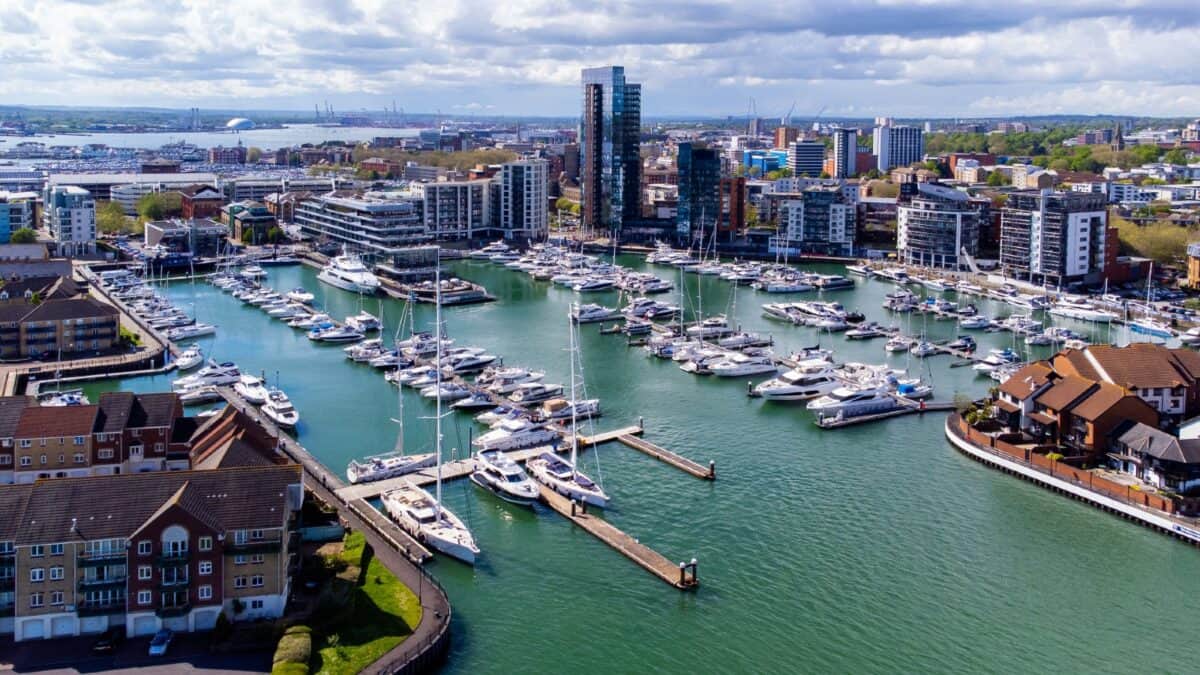Unlock the Editor’s Digest for free
Roula Khalaf, Editor of the FT, selects her favourite stories in this weekly newsletter.
The UK has agreed to give up sovereignty of a group of islands in the Indian Ocean to Mauritius, in return for securing the future of a UK-US military base situated on Diego Garcia.
The deal over the British Indian Ocean Territory, also known as the Chagos islands, will give the UK an initial 99-year lease over Diego Garcia in return for accepting Mauritian sovereignty.
Diego Garcia will also be kept out of a deal for Mauritius to resettle the islands, which were depopulated when the UK forcibly relocated islanders decades ago.
UK foreign secretary David Lammy said the agreement secured a “vital military base for the future” and guaranteed Britain’s “long-term relationship with Mauritius, a close Commonwealth partner”.
The deal comes after 50 years of wrangling over the remote but strategically important archipelago of 58 islands, which lie approximately halfway between east Africa and Indonesia. The UK carved the islands out as a separate territory before Mauritius won independence from Britain in 1968.
As part of a package of financial support, the UK will make indexed annual payments to Mauritius over the Diego Garcia base, which the UK originally leased to the US in 1966 for 50 years — a deal that was extended until 2036.
The Diego Garcia base, which was a launch pad for long-range bomber aircraft in the US campaigns in Iraq and Afghanistan, is considered a strategically important asset to both London and Washington.
While the US had previously insisted that UK sovereignty was essential to the value of Diego Garcia as a strategic military base, Washington welcomed the deal.
“I applaud the historic agreement and conclusion of the negotiations . . . the agreement secures the effective operation of the joint facility on Diego Garcia into the next century,” US President Joe Biden said in a statement.
The deal will be subject to a treaty, which the UK and Mauritius have said they will finalise swiftly. Both parties were at pains to announce the agreement ahead of elections in Mauritius next month.
Negotiations on the UK side were led by Jonathan Powell, Tony Blair’s former chief of staff, who was appointed Prime Minister Sir Keir Starmer’s special envoy for the talks at the beginning of September.
Around 2,000 residents of Diego Garcia, the largest atoll, were exiled in the 1960s when the colony was leased to the US to build an air base.
The islanders were forcibly relocated to Mauritius and the Seychelles, where many faced poverty, and have since mounted legal challenges in a bid to return.
The new treaty will “address wrongs of the past and demonstrate the commitment of both parties to support the welfare of Chagossians”, according to a joint statement from Starmer and his Mauritian counterpart Pravind Jugnauth.
The statement said Mauritius would be able to launch a programme of resettlement on the islands except for on Diego Garcia.
It added that the UK would capitalise a new trust fund, as well as separately provide other support, for the benefit of Chagossians.
However, Chagossian Voices, a grassroots pressure group, said Chagossians “remain powerless and voiceless in determining our own future”, confirming they learned of the deal from the media.
Describing their views as “consistently and deliberately ignored”, they demanded involvement in the treaty.
Diplomatic pressure had been growing on the UK to relinquish the islands to Mauritius in recent years.
In 2019 the UN General Assembly overwhelmingly backed a motion for the return of the island group by 116 votes to 6, while close UK allies France and Germany were among nations that abstained.
The International Court of Justice ruled the same year that the UK’s sovereignty over the islands should end as quickly as possible. British officials do not believe the deal creates a precedent for remaining UK overseas territories, such as the Falkland Islands or Gibraltar, which are varied in nature.
The agreement was criticised by former UK security minister Tom Tugendhat, a candidate for the UK Conservative party leadership, who branded it a “shameful retreat undermining our security and leaving our allies exposed”.
Credit: Source link














